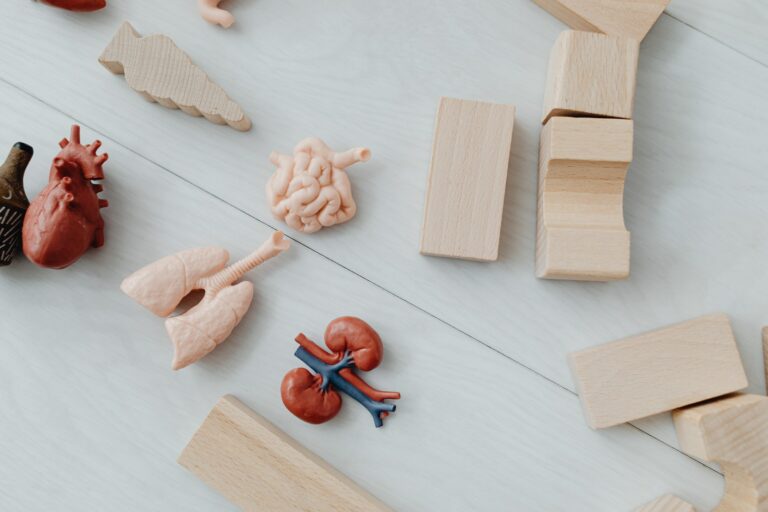
More CPAP Benefits for Early Birds?
A study recently showed that patients with the morning chronotype used their CPAP machines for 32 more minutes per night compared with their intermediate chronotype counterparts over six months of use, according to Melissa Knauert, MD, PhD, of Yale University School of Medicine in New Haven, CT, and colleagues. Their research has been published in Annals of the American Thoracic Society.
“Understanding that chronotype can influence adherence to CPAP is another tool in the kit for sleep doctors to predict who might have trouble using CPAP and focus on patients at higher risk of not using their CPAP,” she told MedPage Today. “Ultimately, as we study and improve our understanding of the relationship between chronotype and CPAP use, we can develop specific therapies targeted at patients with non-morning chronotypes.”
MedPage Today’s recent article, “’Early Birds’ With Sleep Apnea May Get More CPAP Benefits,” explains that chronotype was defined by the Morningness-Eveningness Questionnaire (ME, which measures when a person’s circadian rhythm produces peak alertness. The researchers found that patients in the morning group were less likely to report feeling unrested during the day compared with the intermediate and evening groups. Here’s the breakdown:
- Morning (MEQ 59 or above): 17.4%
- Intermediate (MEQ 42-58): 28.3%
- Evening (MEQ 41 or lower): 41.0%
The primary analysis of APPLES (Apnea Positive Pressure Long-term Efficacy Study), first reported in 2012, showed that treating sleep apnea with CPAP devices improved subjective and objective measures of sleepiness, especially among patients with severe OSA, versus a sham device. In addition, Sleepiness and functional status improve with each hour of CPAP use. Nevertheless, Dr. Knauert explained that sleep apnea is often hard to treat because many patients cannot use CPAP effectively.
Even within clinical trials, only 39-42% of patients use the device for more than four hours a night, and many patients stop CPAP use altogether. In the U.S., only 40-60% of the estimated 30 million patients with OSA remain adherent long-term.
“Anything and everything that we do to understand and improve CPAP use will have tremendous health benefits,” she said. “Understanding the mechanisms by which circadian biology impacts health is a large, untapped area for future research.”
Overall, 65% were men, and most had severe OSA and obesity, with an average body mass index (BMI) of 32, researchers said. Patients in the evening group were younger and less likely to be married. However, no significant differences in sleep apnea characteristics were noted between groups. There were also no differences in insomnia or sleepiness. Anxiety was highest among participants with an intermediate chronotype.
On average, patients slept about seven hours per night. However, on the weekends, morning chronotype patients reported slightly shorter sleep duration than the intermediate and evening groups (7.3 vs. 7.6 and 7.9 hours per night).
Reference: MedPage Today (April 1, 2023) “’Early Birds’ With Sleep Apnea May Get More CPAP Benefits”
